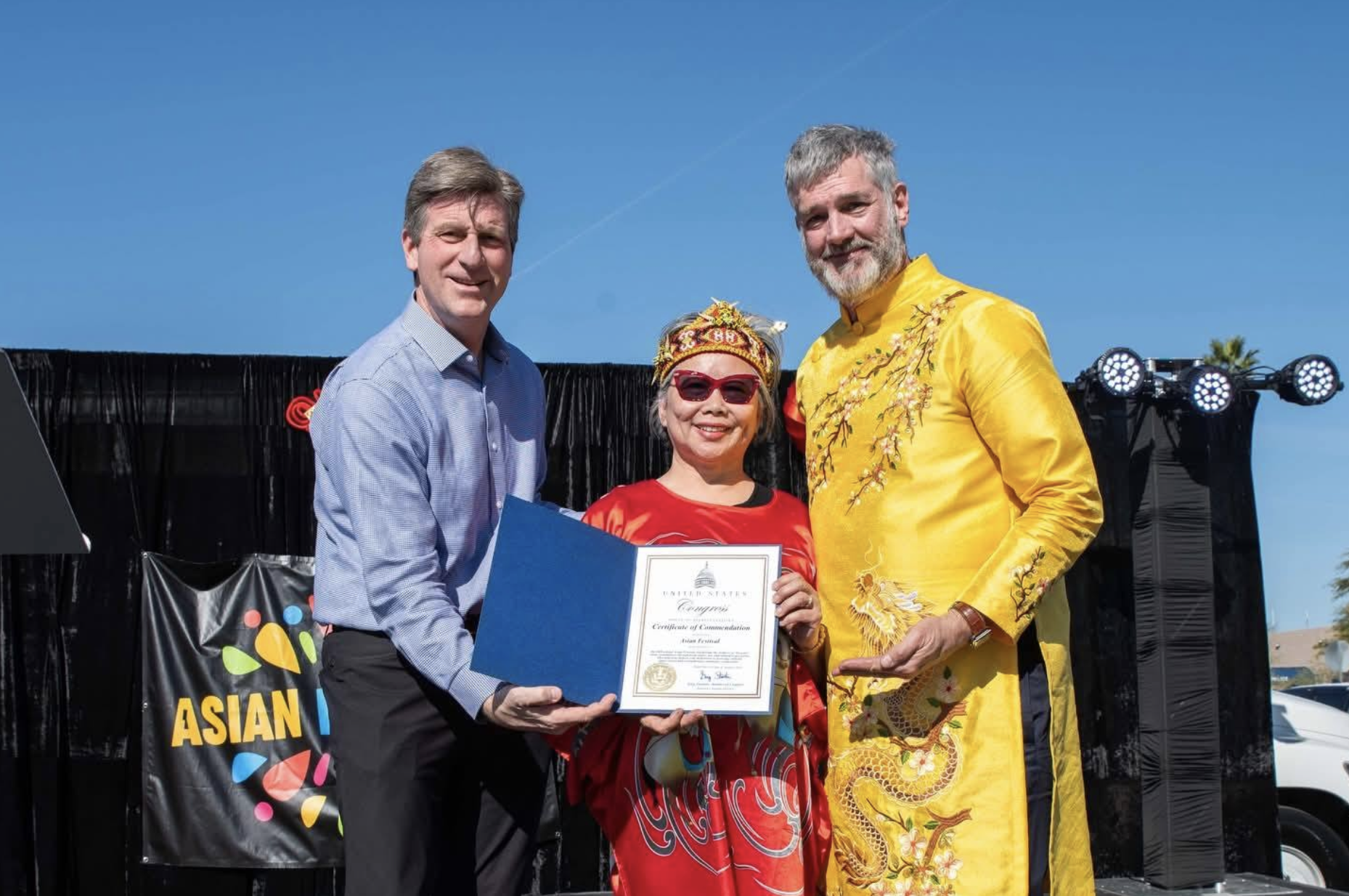Ride is worth the fare
Kian Hagerman
Mesa Legend
 Agatha Christie’s “Murder in the Orient Express” is coming to theaters, and taking the time to read the book it is based on could enhance one’s appreciation of it. The hero of many Christie novels is insightful detective Hercule Poirot, and he serves as the protagonist of “Murder in the Orient Express” also. Many parallels have been drawn over the years between Poirot and Arthur Conan Doyle’s Sherlock Holmes. Both fictional detectives have an almost supernatural ability to connect the dots of a case and make seemingly drastic leaps of logic that are then explained to the reader.
Agatha Christie’s “Murder in the Orient Express” is coming to theaters, and taking the time to read the book it is based on could enhance one’s appreciation of it. The hero of many Christie novels is insightful detective Hercule Poirot, and he serves as the protagonist of “Murder in the Orient Express” also. Many parallels have been drawn over the years between Poirot and Arthur Conan Doyle’s Sherlock Holmes. Both fictional detectives have an almost supernatural ability to connect the dots of a case and make seemingly drastic leaps of logic that are then explained to the reader.
One of the characters in “Murder in the Orient Express” describes this trait succinctly when she says “you have thought of everything, Monsieur” in response to Poirot voicing some of his conclusions. Personally, though I have a great love of the adventures of Sherlock Holmes, I find that the resolutions to the cases Poirot tackles leave me feeling as though I could have figured them out on my own more often than those of Holmes. The mystery on the Orient Express begins with a murder, which entangles Poirot by mere chance due to his presence on the train it occurs on.
Poirot is tenacious in his pursuit of answers, and his inquisitive nature is demonstrated by his method of questioning those he encounters, having them address anything that strikes him as odd.Even mundane inquiries can add up over the course of his investigation, especially when he starts to challenge information already provided by one person, verifying their answers by checking with others. Poirot tries to understand what has brought all those present together, how they happen to have ended up all traveling together during the occurrence of a murder.
The plot develops with time passing fairly realistically; characters continue to act independently of Poirot rather than being static elements that exist solely for the detective to question. The defining element of Christie’s writing is a focus on the characters she crafts, and how they weave in and out of the story. Much of the writing is dedicated to describing not only their dialogue but also their moods and movements. Observant viewers of the forthcoming film who have already read the novel might find it interesting to keep track of how closely it sticks to the stage direction that Christie has already supplied in the text.
Much of the setting is left to the imagination of readers; the film looks to fill in these gaps with opulent set pieces that appear suitable to the period it is set in. The resolution to the mystery is unique and even for jaded, modern fans of the genre, it can be a bit of a surprise. Those looking for a fascinating read with unique characters should pick up a copy of “Murder on the Orient Express.” The film adaptation is scheduled to begin showing on Nov. 10 and has an ensemble cast that includes Johnny Depp, Daisy Ridley, and Kenneth Branagh heading the project as both director and actor, performing the role Poirot himself.









